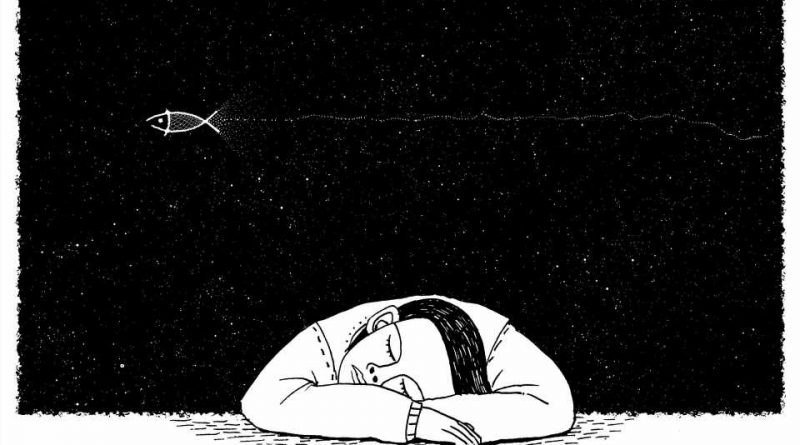How getting a good night’s sleep makes us more resilient

Getting a good night’s sleep can help us manage our feelings and make us more resilient, according to sleep expert Dr. Jo Bower, at the University of East Anglia.
Dr. Bower, from UEA’s School of Psychology, researches the link between sleep, mood and mental health, examining how different aspects of sleep can influence our emotional responses.
Her research has explored how our emotions are altered by heavily disrupted sleep among those in operating extreme conditions—such as in space or in the Polar regions.
She has also studied people’s sleep patterns and moods through lockdown, how teenagers learn to control their emotions and regulate themselves as they cope with a “late sleeper” lifestyle, and the connection between body temperature, the menstrual cycle and sleep.
She said: “Instead of lying awake worrying, we’re often told to sleep on it when it comes to making decisions. But there’s actually a scientific foundation for this advice.
“Sleep and mental health have a well-established relationship. Not only can sleep problems occur before mental health problems, but sleep can also influence our responses to emotional situations and help us manage our mental health.
“Sleep is crucial for processing and consolidating memories from our day. When we have emotional experiences, sleep both helps us remember these events and remove the associated feelings.
“This happens in a stage of sleep known as rapid eye movement (REM) sleep. During REM, activity in most brain regions is similar to when we’re awake. By reactivating memories during REM sleep, the associated feelings can be removed from the content of the memory. This is why ‘sleeping on it’ really can help you feel better in the morning.
“Not only that, but sleep also influences our daytime responses to emotional events. Getting poor sleep makes us more likely to choose less effective ways of managing our emotions which could have a knock-on effect for our mental health.
“Getting a good night’s sleep can work wonders for improving your mental health and wellbeing. But it doesn’t stop there. Sleeping well can also improve our cognition as well as several aspects of our physical health. So, if you find yourself struggling while you’re awake, now might be the time to prioritize your sleep.
Dr. Bower’s top tips for a good night’s sleep:
Source: Read Full Article


